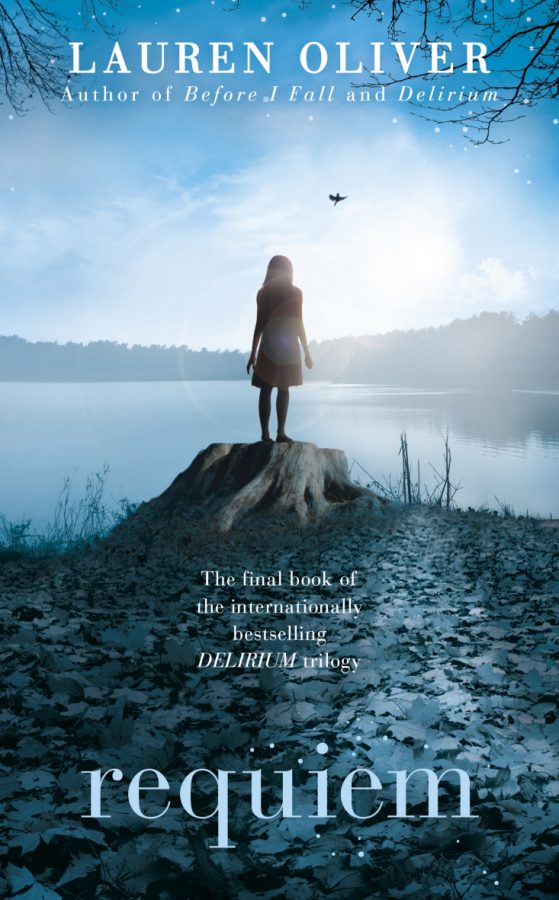By Danielle Matta
This month’s book is rated:
re·fresh·ing\ri·ꞌfresh·shiŋ\ adj: Pleasantly new, different or interesting; invigorating
There was a time (back in the good ol’ days of middle school) when it seemed like almost every book I picked up was a part of a series. Being new to the world of young adult fiction, it was exciting to be able to finish a story, anticipate the next one, and then revisit my favorite characters or plot in a sequel. After all, why would anyone want a good story to end?
Well, I discovered that answer the hard way after force-feeding myself countless numbers of awful second, third, fourth and —very unfortunately— sometimes even fifth or more installments to series whose first novels I had originally loved. And every true book nerd will understand—there is nothing worse than waiting anxiously for a sequel to come out and then be completely disappointed by how annoying and tedious everything about the story has become.
Which is why lately, I’ve come to the consensus that if a story isn’t concluded by the end of its last pages, I don’t want any part of it. But there are a few books out there that deviate from the disappointing series norm, and Requiem by Lauren Oliver, the third and final installment in the Delirium Trilogy, is most wholly justified as an exception.
The setting of the Delirium Trilogy is not too uncommon: Lena Haloway, the protagonist, lives in a futuristic, corrupted Portland, where the people are repressed by government control. The twist is that most of these people don’t really feel they’re repressed…in fact, they hardly feel anything at all. In Lena’s world, after your eighteenth birthday, you receive “the cure”: a surgical removal of one’s ability to love, and by extension, eradication any kind of affection. But the summer before her procedure, Lena, of course, falls in love.
That’s when the ugly truths of her society and family become evident and turn the quiet, obedient character into one who eventually helps a rebellion of Invalids, a population of “diseased” people who have refused the cure and escaped into The Wilds, tear down the walls of oppression.
Luckily, this trilogy reverses the typical trend of good books becoming awful series. Delirium, the first installment and a true testament to Oliver’s skill as a profound and intense writer, is actually bested by the book to follow, Pandemonium. Requiem never fell short either—alternating between chapters about Lena and her best friend Hana, who has been “cured” of love, I was completely enveloped in the story, but mostly in the overwhelming, slightly dark emotion Oliver conveys so well. Filled with so much heartache and just enough hope, the conclusion to the Delirium Trilogy left me feeling the familiar emptiness and overwhelming satisfaction a truly good series should.
And the most awesome part of Requiem in particular was the strong female characters. Most evident in this third book, the girls really stood apart from all their male counterparts—Hana especially. Even after an intense scene between her and her aggressive fiancée, she almost immediately disobeys him in order to find the truth, showing a kind of stubborn bravery that’s quite rare in female roles. Hana is also outspoken, an excellent liar, and quick on her feet, all qualities that not only make a resilient character, but an interesting one too, especially considering she is actually one of the “cureds” in this novel.
And all of this is only the tip of the iceberg. A book that I had started in the summer of ’11 has quickly become a part of one of my favorite series, exhibiting every piece necessary for excellent storytelling: dynamic characters, captivating plot, and the most important, superb narration and tone. Action-packed, romantic, and heart-wrenching, Requiem doesn’t let you relax for a moment, and concludes the story with advice that sounds almost eerily like Oliver is speaking directly to the reader who is feeling suppressed by societal restraints: Take down the walls.






